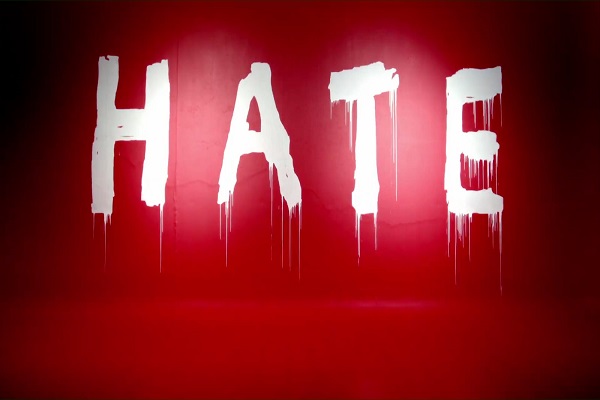
SPLC Reports Hate Groups in the U.S. are at an All-Time High
- By Elisa Meyer --
- 21 Feb 2019 --

Organizations espousing hate have increased following the popularity of extremism.
The Southern Poverty Law Center (SPLC) said on February 20 the population of active U.S. hate groups were at a two decades' high last year. The number of active groups listed by the SPLC as promoting hate went up from 784 in 2014 to 1,020 in 2018. The fuel behind this massive jump was extremism. The tally clocked a seven percent increase in extremism, with the hate groups fitting into multiple brackets like white supremacists, neo-Confederates, neo-Nazis and black nationalists.
SPLC Reports Hate Groups in the U.S. are at an All-Time High[/tweetthis]
The yearly SPLC report related to hate activities blamed the jump partly on GOP President Donald Trump. The Trump administration continues to make shrill cries on reducing both legal and illegal immigration into the United States. Heidi Beirich, the director of the organization's Intelligence Project, said the numbers themselves narrate a story of the president of the United States not only being a polarizing public figure, but also a leader who is actively radicalizing Americans. She pointed out that unlike past U.S. Presidents, who took pains to clamp down hate, the present president has actually amped it up with his rhetoric and policies.
Critics of the SPLC have branded the hate tally as a controversial one. The organization defines hate groups as those organizations which have beliefs and follow practices that actively demonize some sections of the population. The SPLC has foisted the hate label on a few conservative-minded political or church-related groups like the Catholic Family Ministries or Conservative Republicans of Texas. The branding of such groups is the same as given to the American Nazi Party or the Ku Klux Klan. According to the Montgomery, Alabama headquartered organization, legal cases were lodged against it by groups which claim they must not be regarded as hate groups.
The greatest uptick is seen in the dramatic rise of the white nationalist organizations. These groups increased from 100 groups in 2017 to 148 groups in 2018. The rise marks a resurgence after the Charlottesville rally in 2017, where a large number of the far right took part. The march also focused Americans' attention on the movement.
As per the SPLC report, most of the people who participate in such activities are motivated by erroneous concerns regarding dwindling white power. Their fears are concretized by projections published by the Census Bureau claiming Caucasians will lose their majority population status by 2044. These groups also dislike the fact that President Trump has been blocked in his goal of building a wall along the US-Mexico border.


















